| Kung Hei Fat Choy, as we used to say to each other when I was a kid growing up in Hong Kong. It's a time when Chinese people around the globe wish each other health and prosperity, offering children "lai see" - red paper packets containing money to start the new year with good luck and to ward off any evil spirits. I loved the fire-crackers and festive cakes, lion dances and lanterns that noisily herald in the year. |
| This year, the horse is a wooden one. In Chinese 5 element theory, wood symbolises growth and vitality, like trees. And if that's not lively enough, it's also a yang year, which portends strength and focus. It also happens to begin on a Fire Tiger month, which suggests lots of exuberant, powerful energy. |
I hope it brings what ever you most wish for, and that you enjoy the energetic change of this new moon.
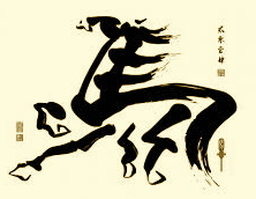


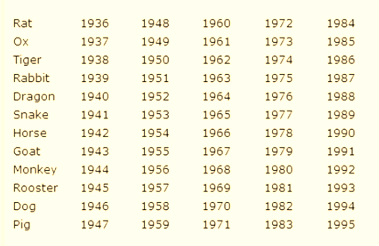
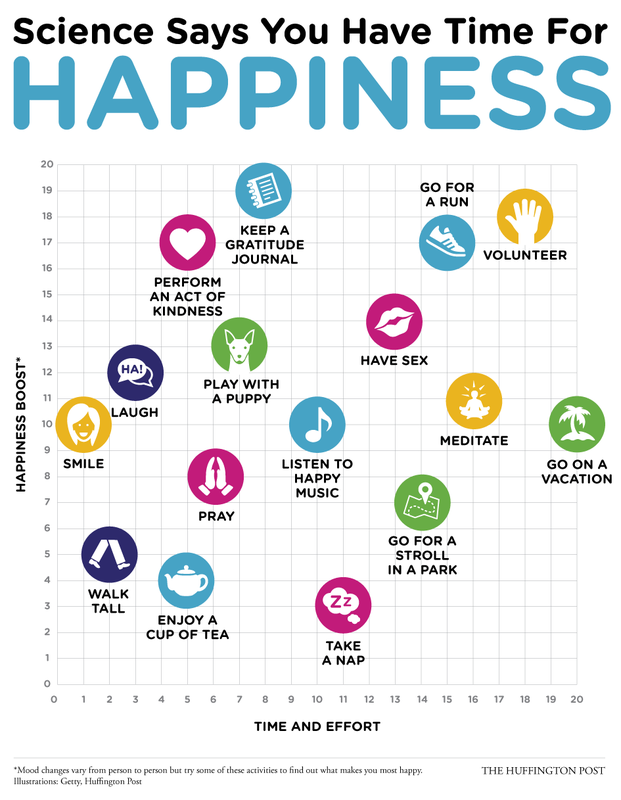

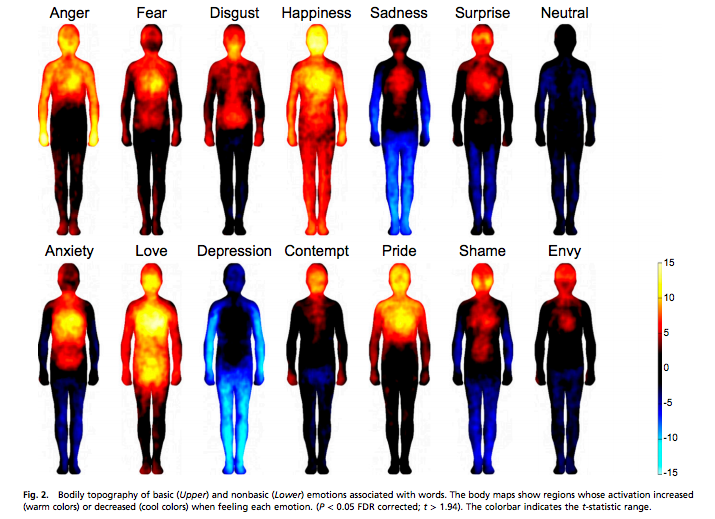
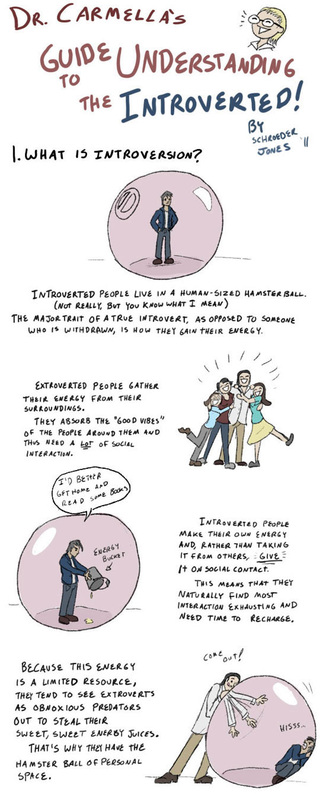

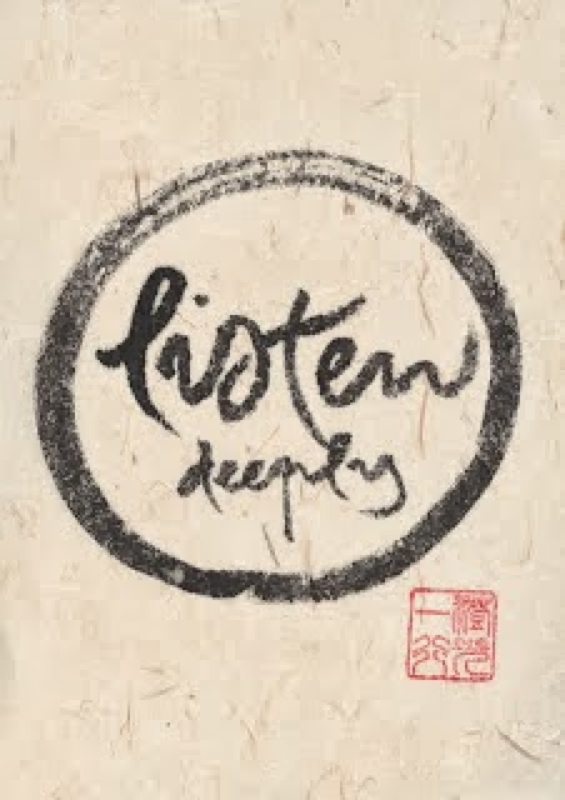
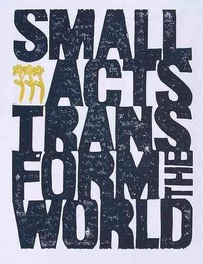
 RSS Feed
RSS Feed